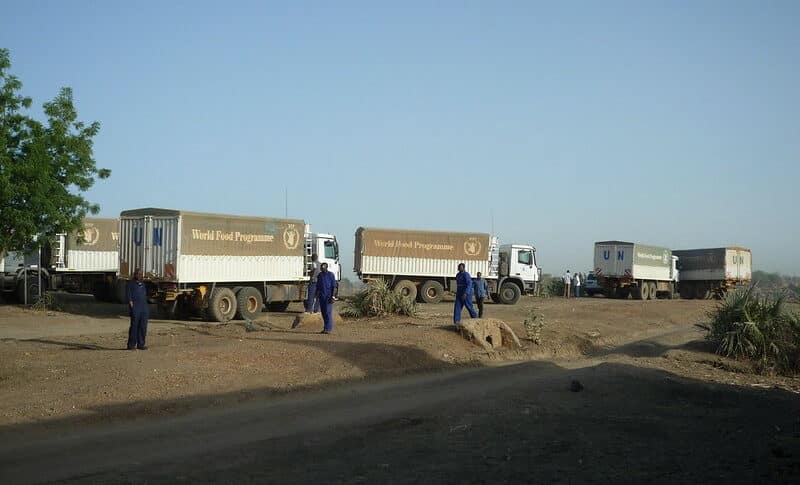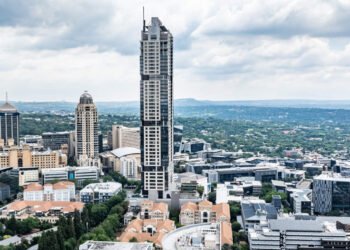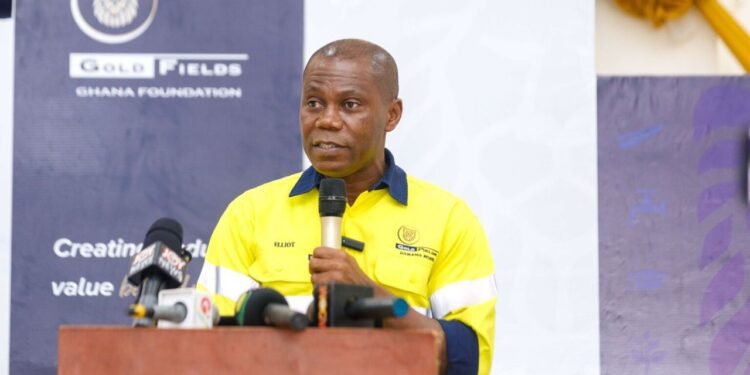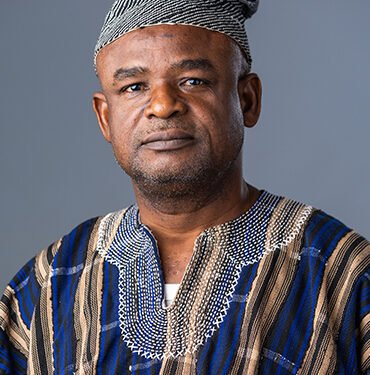A coalition of global and regional powers has urged Sudan’s warring factions to remove all barriers blocking humanitarian relief, warning that famine is spreading rapidly as the conflict drags civilians deeper into disaster.
In a joint statement, the group said it was “appalled” by the escalating crisis in which civilians continue to bear the heaviest burden of the war between Sudan’s army and the paramilitary Rapid Support Forces (RSF). The call came from the coalition known as ALPS, which includes the United States, Saudi Arabia, the United Nations, Egypt, the United Arab Emirates, Switzerland, and the African Union.
The bloc pressed both sides to live up to promises made under the May 2023 Jeddah Declaration, which obliges them to safeguard civilians during hostilities. “The ALPS coalition calls on the warring parties to lift all bureaucratic impediments impinging on and preventing humanitarian activities,” the statement said.
The coalition outlined urgent steps, including humanitarian pauses to secure aid delivery, protection for relief workers, and guarantees of safe access along key supply corridors. Among the lifelines highlighted were the Adre crossing from Chad and vital cross-line routes into Darfur and Kordofan, where conditions are worsening sharply.
Coalition Calls on Sudan’s Factions To Allow Humanitarian Access
The group stressed that aid must reach communities facing widespread hunger and malnutrition. It further urged both the army and the RSF to restore telecommunications, safeguard essential infrastructure such as water and health facilities, and allow safe passage for civilians in need.
“International humanitarian law must be fully respected,” the statement read. “This includes the obligations to protect civilians… as well as to allow and facilitate rapid and unimpeded humanitarian access to all those in need.”
As the coalition appealed for urgent humanitarian measures, fighting on the ground intensified. On Wednesday, Sudan’s army and allied groups announced that they had repelled a sweeping assault on El Fasher, the capital of North Darfur, mounted by RSF forces.
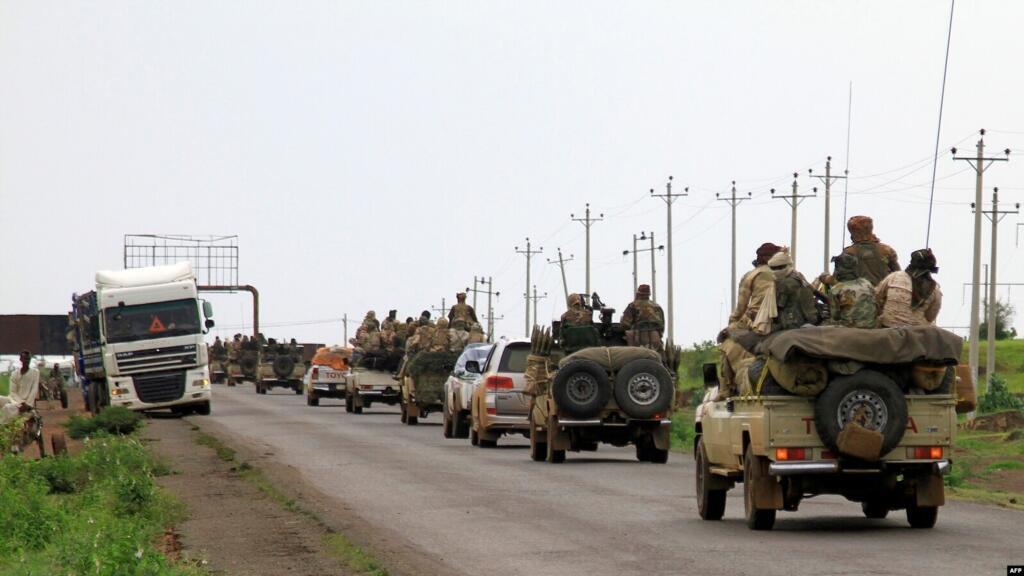
According to the army, the RSF attempted to seize the city in a multi-pronged offensive but was pushed back after heavy clashes.
Ahmed Hussein Mustafa, a spokesman for the joint armed movements aligned with the army, said in a statement: “Our forces repelled a violent attack launched by the RSF militia and its mercenaries on three fronts: the eastern, northeastern, and northwestern parts of the city.”
He accused RSF fighters of deploying drones and artillery fire indiscriminately from dawn to break through defenses, adding that government forces inflicted “heavy losses” and destroyed combat vehicles.
Despite the army’s claims of victory in El Fasher, the RSF has made gains elsewhere. Reports indicate fighters advanced toward Shalla prison in the southwest and Abu Shouk camp for displaced people in the north, tightening their hold on the area.
Residents described new waves of displacement, with families fleeing northern neighborhoods and the overcrowded Abu Shouk camp.
The RSF has laid siege to El Fasher since April 2024, encircling the city and digging trenches to cut off supplies. The blockade has created acute shortages of essential food staples, including rice, sugar, and salt, as well as critical medicines.
Darfur governor Minni Arko Minawi, who also commands the joint force backing the army, vowed to continue resistance. On Facebook, he wrote that his fighters had “defeated the enemy’s shells and cannons.”
With civilians trapped between advancing RSF units and the army’s defensive lines, the humanitarian emergency shows no sign of easing. International actors warn that unless immediate relief corridors are opened, the cost of the war will deepen an already catastrophic famine looming over Sudan.
READ ALSO: Africa Must Seize Energy Transition or Risk Becoming “Rule-Takers” – NRGI Director

